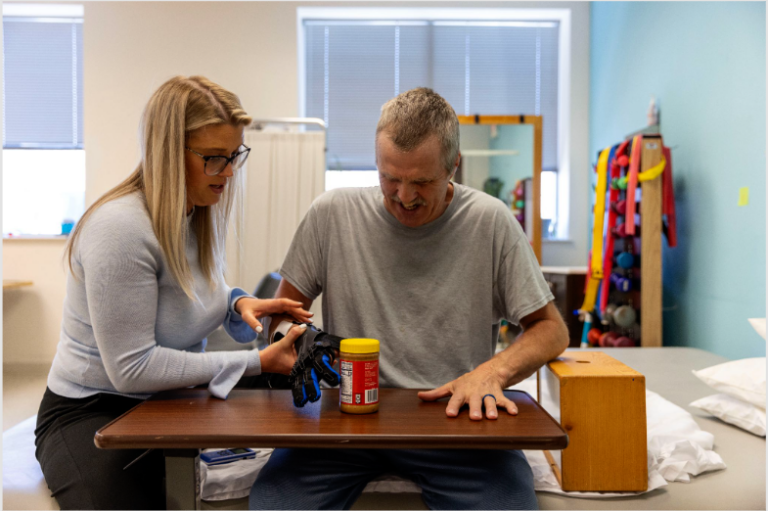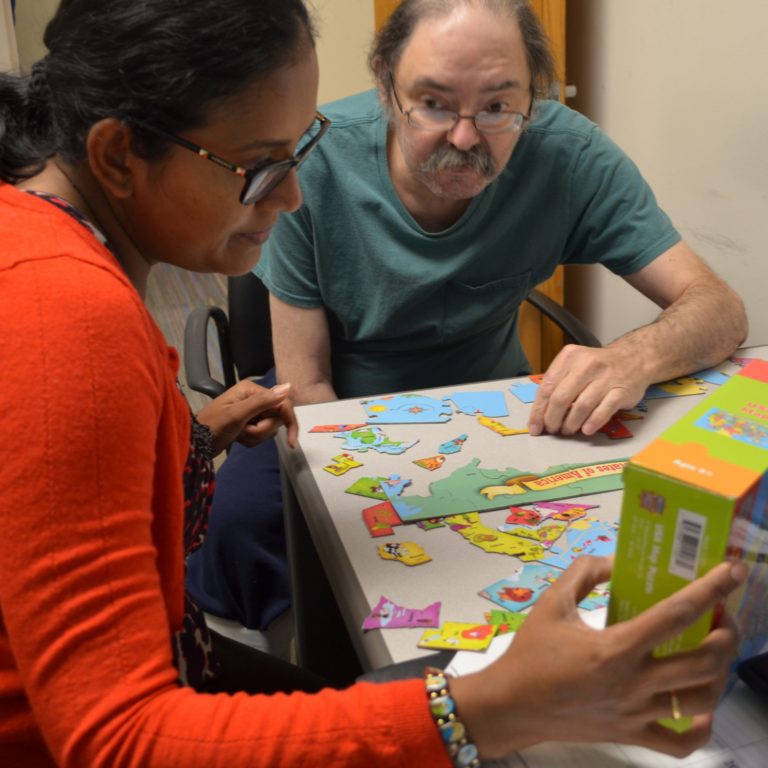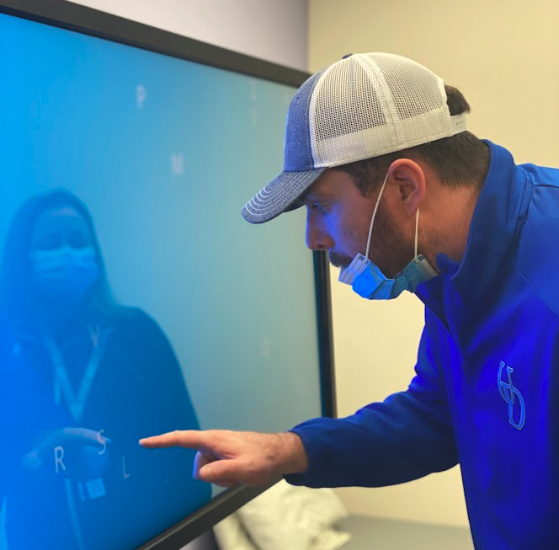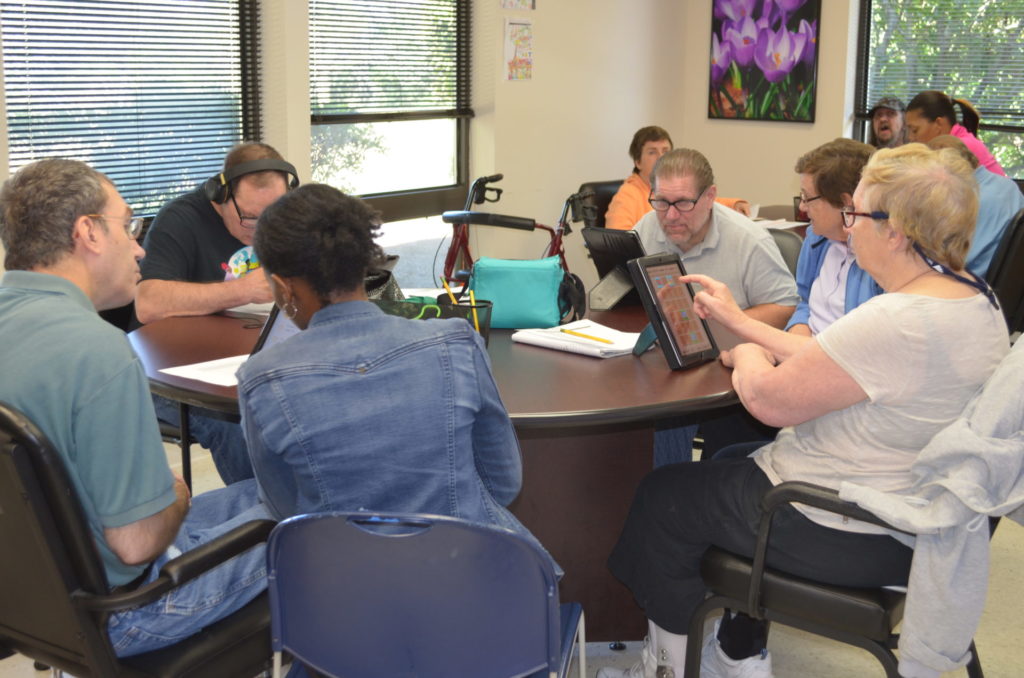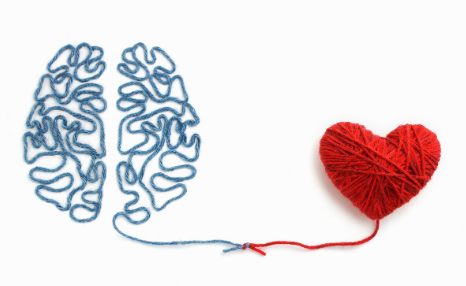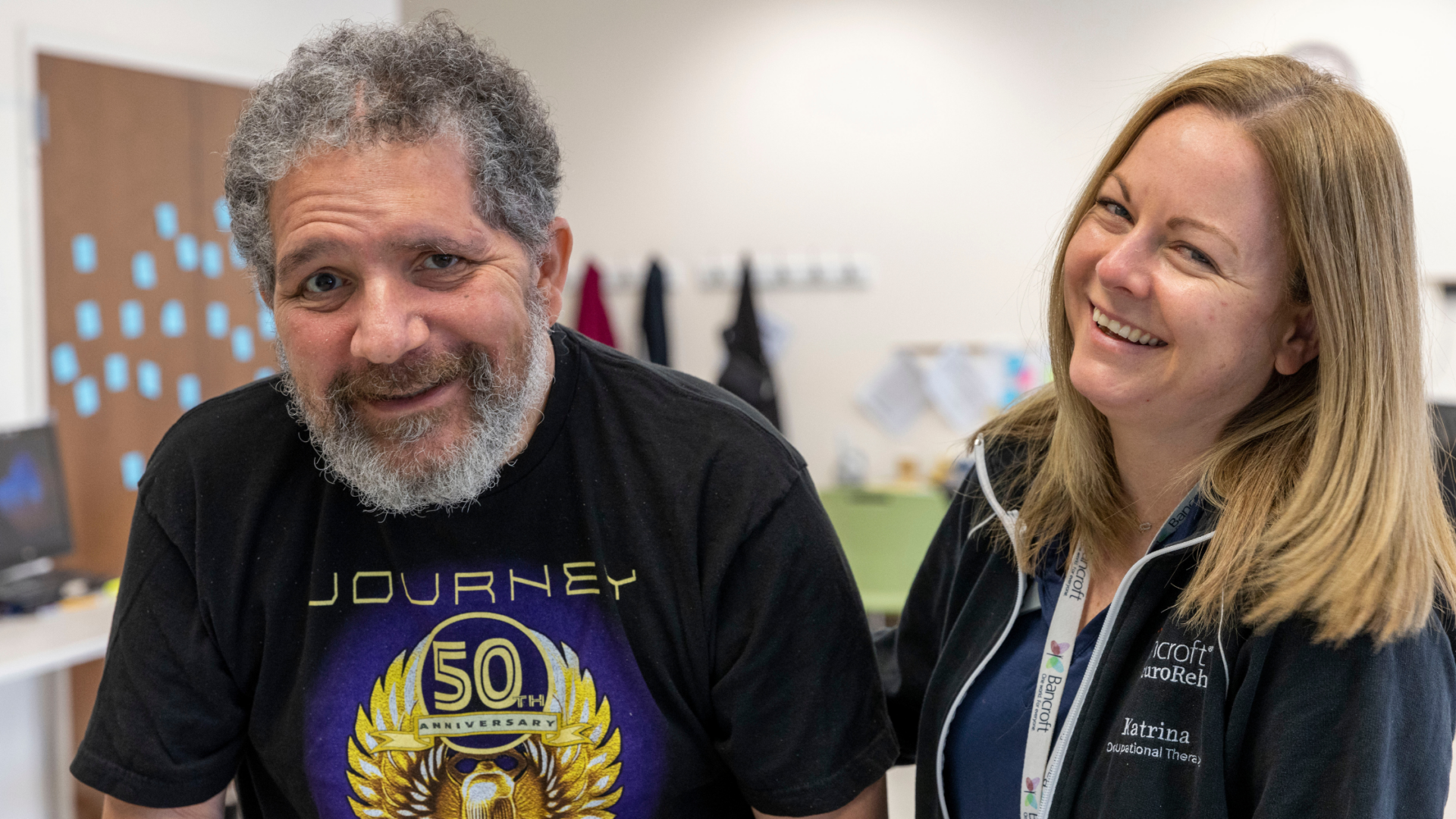By Sarah West, Ph.D.
Neuropsychologist, Bancroft NeuroRehab
The brain and the heart. We don’t always think of them as being closely related.
  |
One allows us to think, experience emotions, form memories and control and coordinate our movements; the things that make us human. The other helps pump blood through our bodies, fueling important muscle and tissue.
But while these two vital organs have very separate functions, they are inextricably linked – and when something negatively affects the heart, its next stop could be your brain.
Since February is American Heart Month, it’s a perfect time to look at a few ways heart problems can impact brain health — and how you can manage your risk factors.
- A heart attack can actually cause a brain injury. The heart’s job is to pump blood – and oxygen – to your organs. If your heart isn’t pumping, oxygen isn’t flowing to the brain. This can cause cognitive problems, from mild confusion or disorientation in less severe instances to more significant anoxic (oxygen is completely cut off) or hypoxic (oxygen flow is severely restricted) brain injuries. An anoxic brain injury is especially hard to rebound from. Since it can affect so much of the brain, it can be much harder to rehabilitate. The results can be truly devastating.
- High blood pressure can kill brain tissue. It’s well-known that high blood pressure can lead to a stroke, but over time, it can also affect the health of blood vessels in the brain – especially the smaller capillaries that feed brain tissue. As those blood vessels weaken, small amounts of brain tissue can die – leading to memory problems and even a form of dementia.
- Untreated diabetes has been linked to memory problems. Uncontrolled blood sugar doesn’t just damage the blood vessels and nerves in your heart — it can impact the parts of your brain that control memory. Studies have also suggested it may increase the risk of dementia and stroke.
- Heart surgery can cause cognitive problems. Studies have shown that many people who undergo cardiac surgery will experience some level of difficulty with thinking or memory immediately following their procedure. Most will return to normal within a few weeks – but for some, symptoms may linger. And any surgery can increase your risk of blood clots, stroke or other complications – so it’s important to do everything we can to control our personal risk factors before surgery is needed.
- A heart problem can be a life-changing event. Having a heart attack, stroke, major surgery – of even a scare – can be frightening. Any serious medical event can lead to anxiety, mood changes, or a heightened awareness of changes in your body that may cause stress. Don’t be afraid to seek support from friends, family, a therapist or local support group. The American Heart Association offers several helpful resources.
Heart disease can happen at any age – and the Centers for Disease Control and Prevention estimate that half of all Americans live with at least one of the top three risk factors: high blood pressure, high cholesterol and smoking.
The good news is, there is a lot you can do to minimize risk in your own life:
- Quit smoking. According to the CDC, smoking is the leading cause of preventable death in the U.S.
Manage health conditions. Work with your healthcare providers to manage conditions like high blood pressure or cholesterol. Take medication as prescribed. - Manage your diet. Eat heart-healthy foods, including plenty of fruits and vegetables and low-sodium options. Avoid added sugars or foods high in fat.
- Stay active. This is important in so many ways. Aim for 30 minutes of exercise, five days a week. A brisk walk – one where your heart rate is elevated but you can still hold a conversation – is a great place to start. Always consult your healthcare provider before starting a new exercise program.




